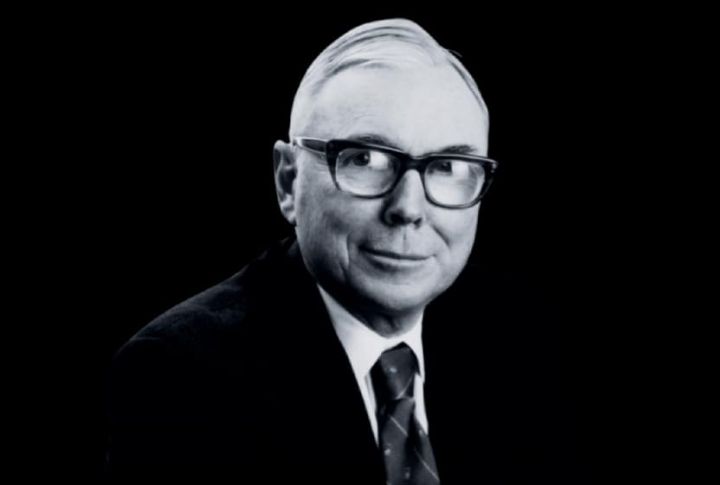
As Warren Buffett’s closest partner-in-profit, Charlie Munger mastered the art of sitting still while thinking hard—an underrated superpower in today’s noise. His success was based on logic. Those who overlook his strategies often miss the real levers of long-term gain. Let’s explore a few habits that quietly powered Munger’s remarkable investing edge.
Applying Mental Models

What if solving tough problems meant borrowing tools from fields you never studied? That’s how Munger approached decision-making. He pulled from biology, psychology, and economics to create a mental “latticework” that made complex choices simpler. This helped reduce mistakes before they happened.
Playing Bridge

To Munger, a well-played hand of bridge revealed more about human behavior than any market chart. He once described the game as training for high-stakes thinking, where reading between the lines mattered more than reacting fast. His decades-long obsession with the game mirrored his approach to markets: patient and quietly strategic.
Cultivating Curiosity
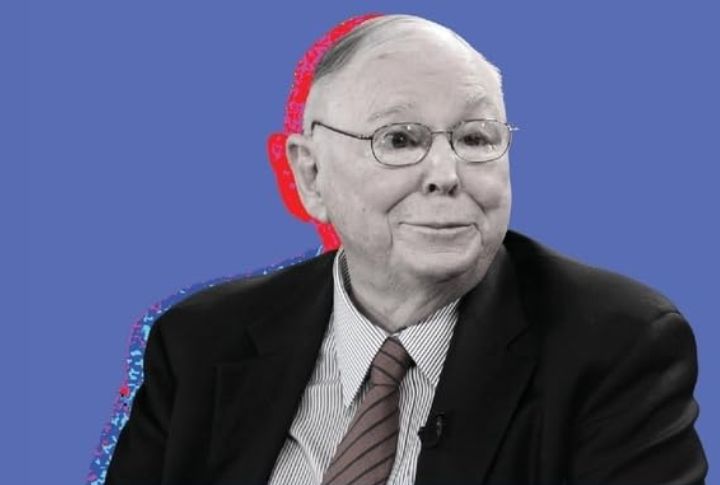
Some people settle into a niche. Charlie Munger knocked down the walls and explored every room. He dove into unfamiliar topics, from architecture to neuroscience, just to see how they worked. In a 2012 Inc. interview, he said the best minds chase connections. For Munger, boredom was a red flag.
Practicing Patience
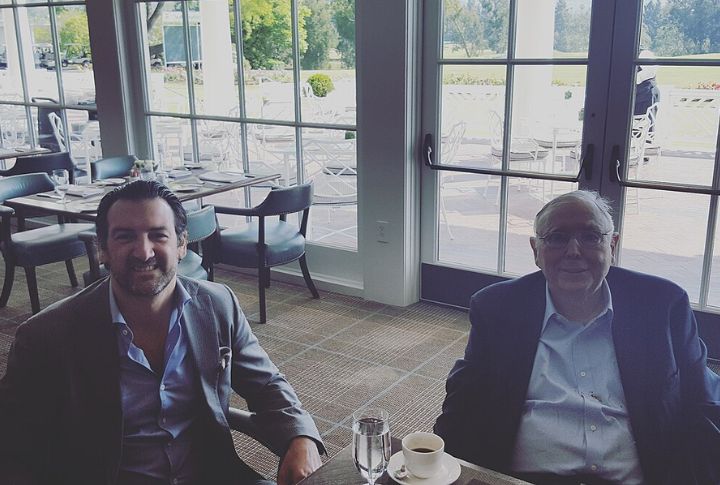
You wouldn’t catch Munger panic-selling at the first market dip. Instead, he’d wait—sometimes for years—until a truly exceptional opportunity came along. “The big money,” he said via Forbes, “is not in the buying and selling, but in the waiting.” His style wasn’t flashy, but the results were anything but ordinary.
Solving Math Problems

Young Munger would solve math puzzles for fun, not grades. Over time, that habit tuned his mind to spot patterns and think in probabilities—skills essential for reading balance sheets. This math-driven discipline helped him see the numbers behind the story.
Focusing On Quality Over Quantity In His Portfolio
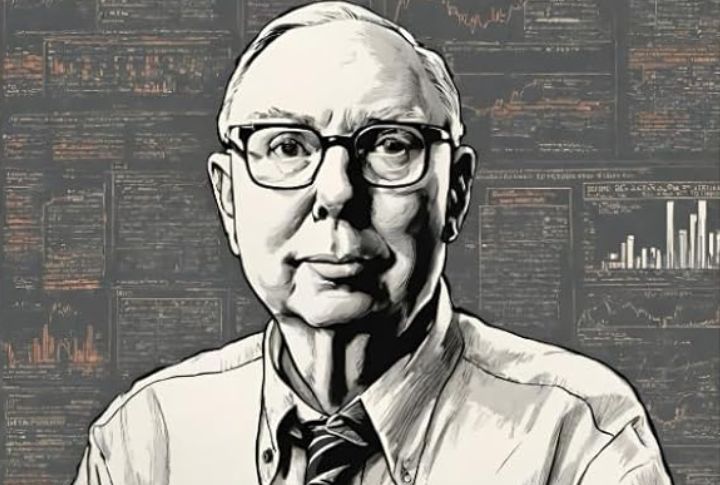
“Know a few things well” could’ve been Munger’s motto. He avoided the scattershot approach of owning dozens of stocks, favoring a few exceptional businesses he deeply understood. In a breakdown by Forbes, his 20-slot investing idea focused on quality over quantity. The irony? Betting on fewer things actually gave him a bigger edge.
Valuing Reflection

After the research came the real work: thinking it through. Munger took time to ask tough questions and mentally rehearse failure before committing. This process, rooted in inversion and borrowed from engineering logic, kept him grounded. As CNBC reported, it also helped him resist emotional decision-making.
Upholding Ethics

Munger built a reputation. He insisted on transparency and declined to do business with anyone he couldn’t trust. These ethical standards earned him loyalty in places where others faced lawsuits. His compass didn’t swing with the market, and that’s exactly why it worked.
Teaching Others
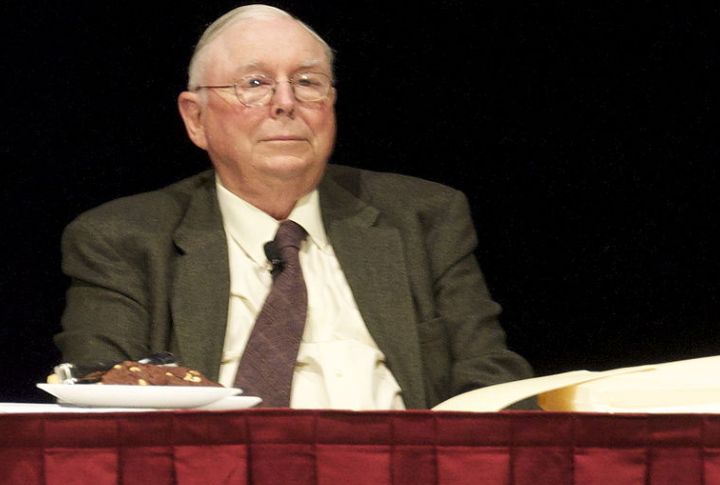
Here’s something Munger figured out early: if you really want to master something, teach it. His speeches and annual meetings became legendary for the clarity they forced on him. Teaching helped him refine complex ideas into crisp takeaways. Ironically, sharing his mental playbook only made it more powerful.
Work-Life Balance
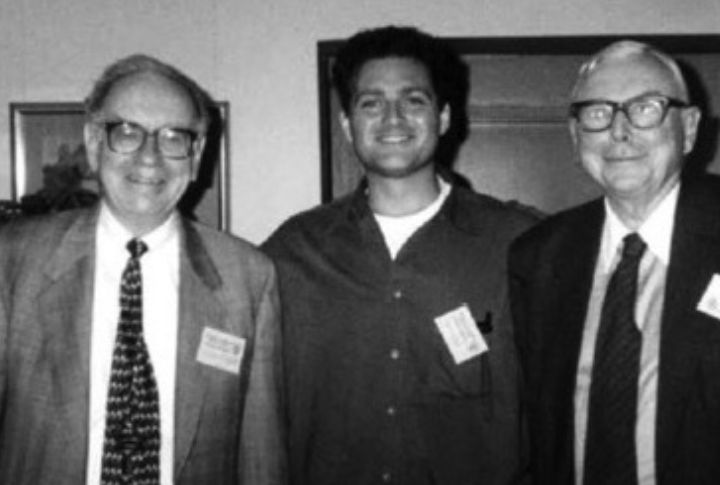
Even with billions on the line, Munger never sacrificed downtime. He protected space for walks, bridge games, family, and quiet conversations that cleared his mental fog. This personal balance helped sustain his clarity well into his 90s. Burnout had no place in his life.
